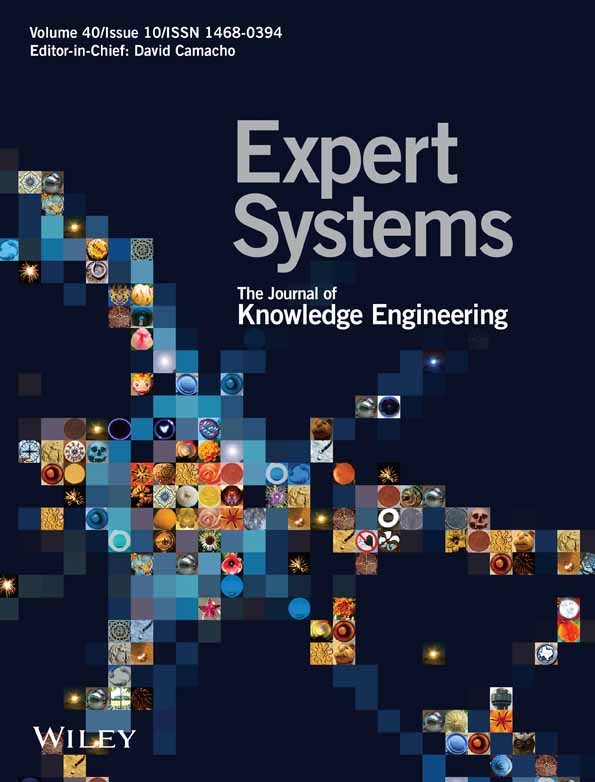PooRaa-Agri KG: An agricultural knowledge graph-based simplified multilingual query system
Abstract
The current work proposes PooRaa-Agri KG, an agricultural knowledge graph-based simplified multilingual query system that works in real time to provide concise answers for agriculture-based queries. The proposed approach accommodates real-time and low-resource queries in English and Hindi with a novel multi-stage solution consisting of data pre-processing, sentence simplification, triplet extraction, knowledge graph generation, sentence reconstruction, query-to-reconstructed sentence matching, and machine translation as its sub-modules. In this work, a novel combination of rule-based sentence simplification and triplet extraction is carried out resulting in a triplet similarity score of 86.56% for the extracted triplets. This method is superior to the existing triplet extraction method whose triplet similarity score was found to be 60.65%. Further, the proposed work makes use of heuristic rules to reconstruct sentences which when evaluated by human evaluators for meaningfulness and grammar resulted in a score of 3.09/4 and 2.95/4 respectively. To complete end-to-end communication in the proposed system, a similarity-based query answer system is proposed in this work.
Open Research
DATA AVAILABILITY STATEMENT
The data that support the findings of this study are available on request from the corresponding author. The data are not publicly available due to privacy or ethical restrictions.




